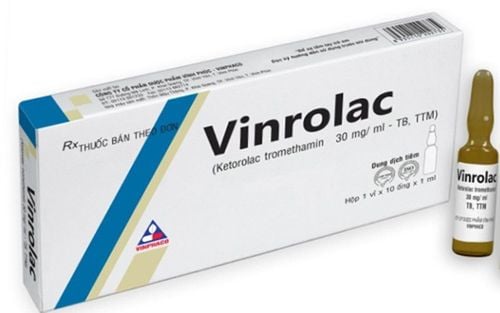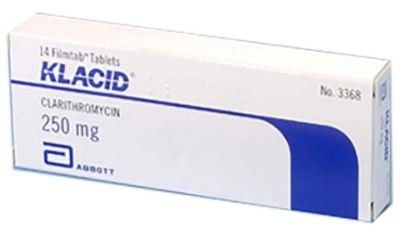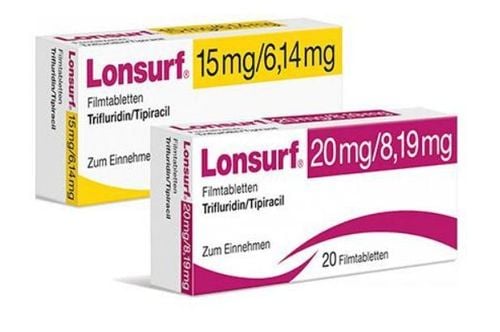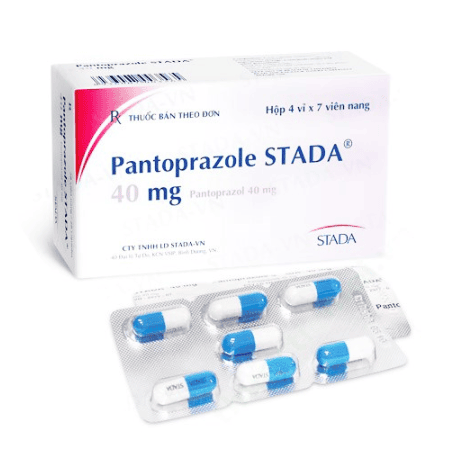This is an automatically translated article.
Article by Nurses Nguyen Ngoc Anh and Nguyen Xuan Thuy, Department of Gastroenterology - Endoscopy; Doctor Pham Thi Thu Huong, Head of Department of Gastroenterology - Endoscopy, Vinmec Times City International General Hospital.Helicobacter pylori (HP) is a spiral-shaped, slightly curved, Gram-negative bacteria, 1.5 - 5μm long, 0.3-1.0 μm in diameter. Helicobacter pylori is a bacterium belonging to the gastric ecosystem that plays a role in causing peptic ulcers, gastric cancer. The prevalence of HP infection is about 70-90% of the population in developing countries and 25-50% in developed countries.
1. How does the HP virus spread?
Helicobacter pylori is transmitted by the following methods:
The route of transmission from person to person is through the fecal-oral route or mouth-to-mouth plays a major role. Contaminated environment, poor sanitation: Contaminated water. Oral medical equipment that has not been sterilized poses a risk of disease transmission.

Những tác hại khi bị lây truyền vi khuẩn HP
2. Which method to diagnose HP infection?
2.1 Less invasive methods (through endoscopy): Urease rapid test Pathological biopsy PCR culture for bacterial DNA. 2.2 Noninvasive methods: Breath test Serology test Fecal antigen detection
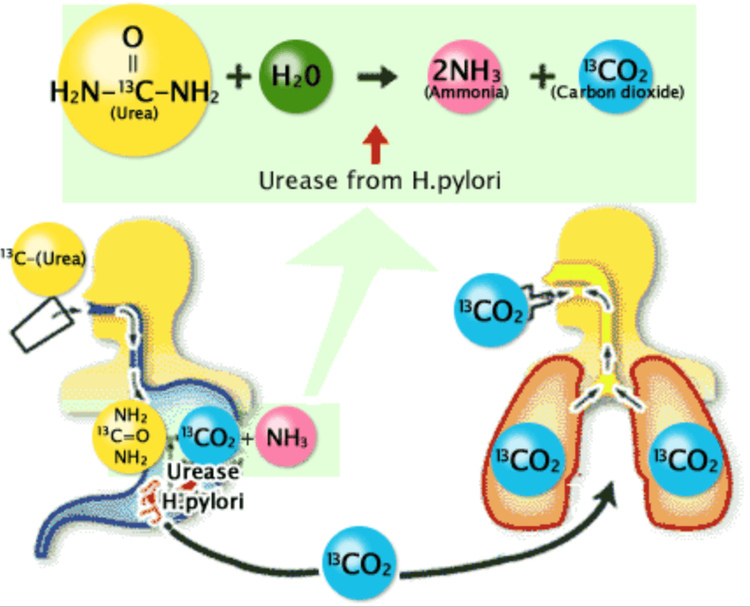
Test hơi thở chẩn đoán vi khuẩn HP
2.3 Cases that must be tested for HP People with gastric ulcer, duodenal ulcer or a history of gastric ulcer, duodenal bulb without confirmation of eradication of HP Tumor MALT (Lymphoma involving gastric mucosa) Person with early gastric cancer resected endoscopically 2.4 Cases that should be tested for HP People with functional bloating People under 60 years old People with no alarming symptoms: Bleeding; Anemia; Unexplained weight loss; Difficulty swallowing, painful swallowing; Continuous vomiting... People who use Aspirin for a long time, People with anemia, iron deficiency of unknown cause People with bleeding thrombocytopenia of unknown cause People with a family history of stomach cancer, gastric hyperplastic polyps .
3. How to prevent HP infection?
Sanitation and prevention of epidemics in living places: sanitation of water sources, food, shelter. Wash hands thoroughly when eating. Healthy eating habits: eating hygienically, eating well cooked, drinking boiling water, not smoking, drinking alcohol... Checking for HP bacteria when there are signs of stomach disease and having a doctor's prescription for eradication promptly, avoid infecting family members. When someone in the house is infected with HP, they should use separate chopsticks, clean dishes and chopsticks, to avoid infection. Medical examination and treatment, endoscopy at a reputable facility to ensure sterility.
At Vinmec International General Hospital, using 13C carbon isotope in the breath test to diagnose H. pylori bacteria with the most advanced machine with 02 airbags, both gives very high diagnostic value (> 95 %) while ensuring patient safety.
To register for examination and treatment at Vinmec Times City International General Hospital, you can contact hotline: 0243 9743 556, or register online HERE.




